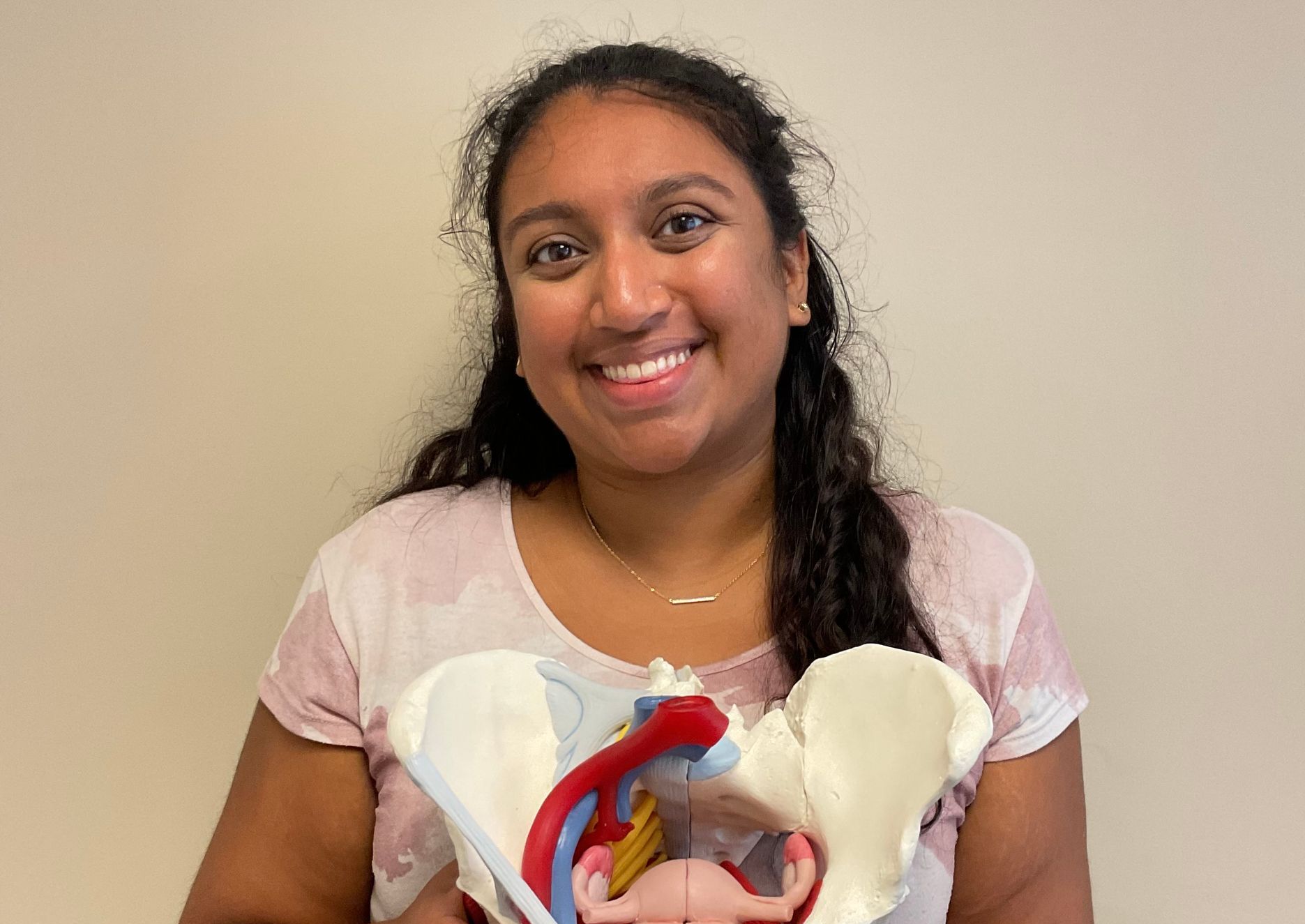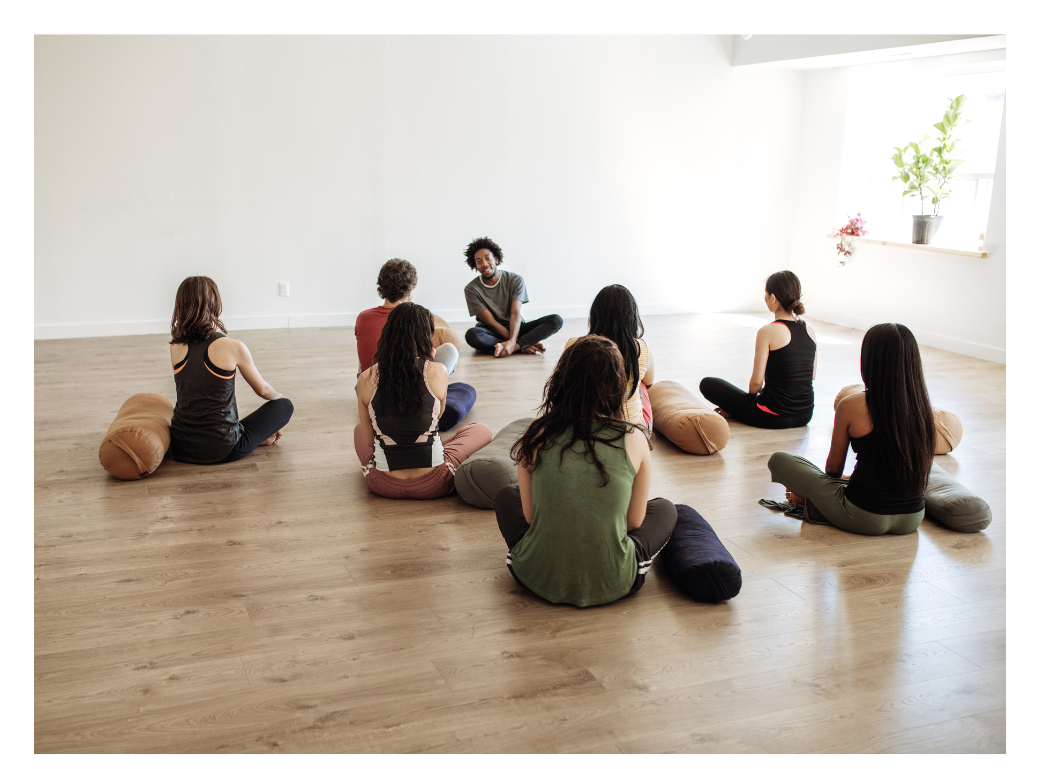Managing Knee Pain After Pregnancy: Effective Tips for New Mothers

Knee pain after pregnancy is a common issue that can catch many new mothers off guard. While the joy of welcoming a new baby is immense, it can be accompanied by postpartum challenges like unexpected knee discomfort. Several factors contribute to this, including weight gain during pregnancy, changes in posture due to the growing baby, and hormonal shifts that affect joint stability and fluid retention. These changes can put extra pressure on the knees, causing pain. Addressing this knee pain early is important to avoid long-term mobility problems and help new mothers enjoy time with their newborns pain-free.
1. Gentle Exercise for Knee Strengthening
Gentle exercises to strengthen the knees are key to managing postpartum knee pain. Low-impact movements can help build strength around the knees without worsening the discomfort. Here are two effective exercises to begin with:
- Seated Leg Lifts: Sit on a sturdy chair with your feet flat on the floor. Slowly extend one leg straight out in front of you, hold for a few seconds, then lower it back down. Repeat 10-15 times for each leg. This exercise strengthens the quadriceps, which helps support the knee joint.
- Straight-Leg Raises: Lie on your back with one knee bent and the foot flat on the ground, while the other leg remains straight. Lift the straight leg up to the height of the bent knee, hold for a few seconds, then lower it back down. Repeat 10-15 times for each leg. This helps stabilize the knee by targeting the surrounding muscles.
2. Stretching Techniques to Relieve Tension
Stretching can relieve muscle tension around the knees, a crucial aspect after pregnancy. Hamstring and calf stretches are particularly effective. Here’s how to safely perform these stretches:
- Hamstring Stretch: Sit on the ground with both legs extended. Bend one knee and place the foot against the inner thigh of the opposite leg. Lean forward from your hips towards the toes of the straight leg. Hold the stretch for 15-30 seconds, then switch legs.
- Calf Stretch: Stand facing a wall, with one foot in front of the other. Press the back heel down towards the floor while bending the front knee slightly. You’ll feel the stretch in the calf of the back leg. Hold for 15-30 seconds, then switch legs.
3. Importance of Proper Footwear
Wearing the right shoes is vital for knee health after pregnancy. Footwear with proper cushioning and arch support can help reduce knee strain during daily activities. Look for shoes designed for stability, especially if you spend a lot of time on your feet. The right footwear can significantly alleviate knee pain and improve comfort.
4. Hydration and Nutrition for Joint Health
Staying hydrated and eating a nutrient-rich diet can help manage knee pain postpartum. Hydration supports joint health, while anti-inflammatory foods can reduce inflammation and promote recovery. Incorporating omega-3-rich foods like salmon, antioxidants from berries, and vitamins from leafy greens and nuts into your diet can aid in alleviating knee pain.
5. Seeking Physical Therapy for Knee Pain
If knee pain persists after pregnancy, professional physical therapy can provide tailored treatments to meet your specific needs. A physical therapist can guide you through targeted exercises, manual therapy, and other interventions to address the discomfort. If you're in Washington state and experiencing ongoing knee pain, consider visiting our clinic. Our team is dedicated to helping you recover fully, so you can focus on enjoying time with your new baby, free from knee pain.



